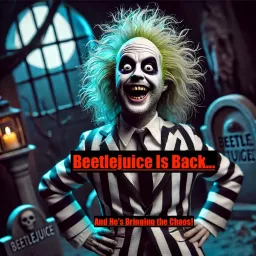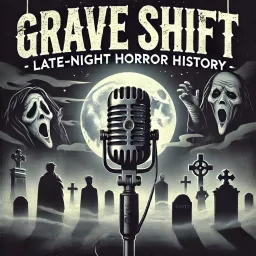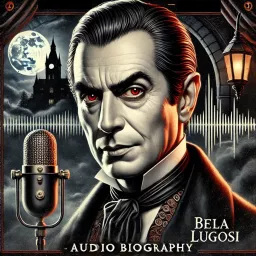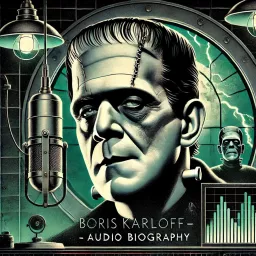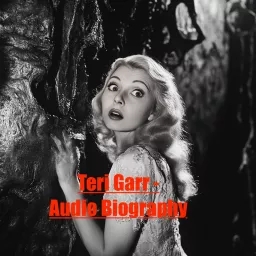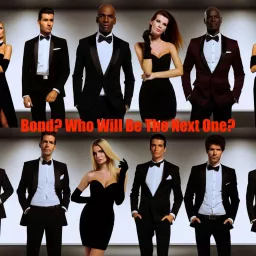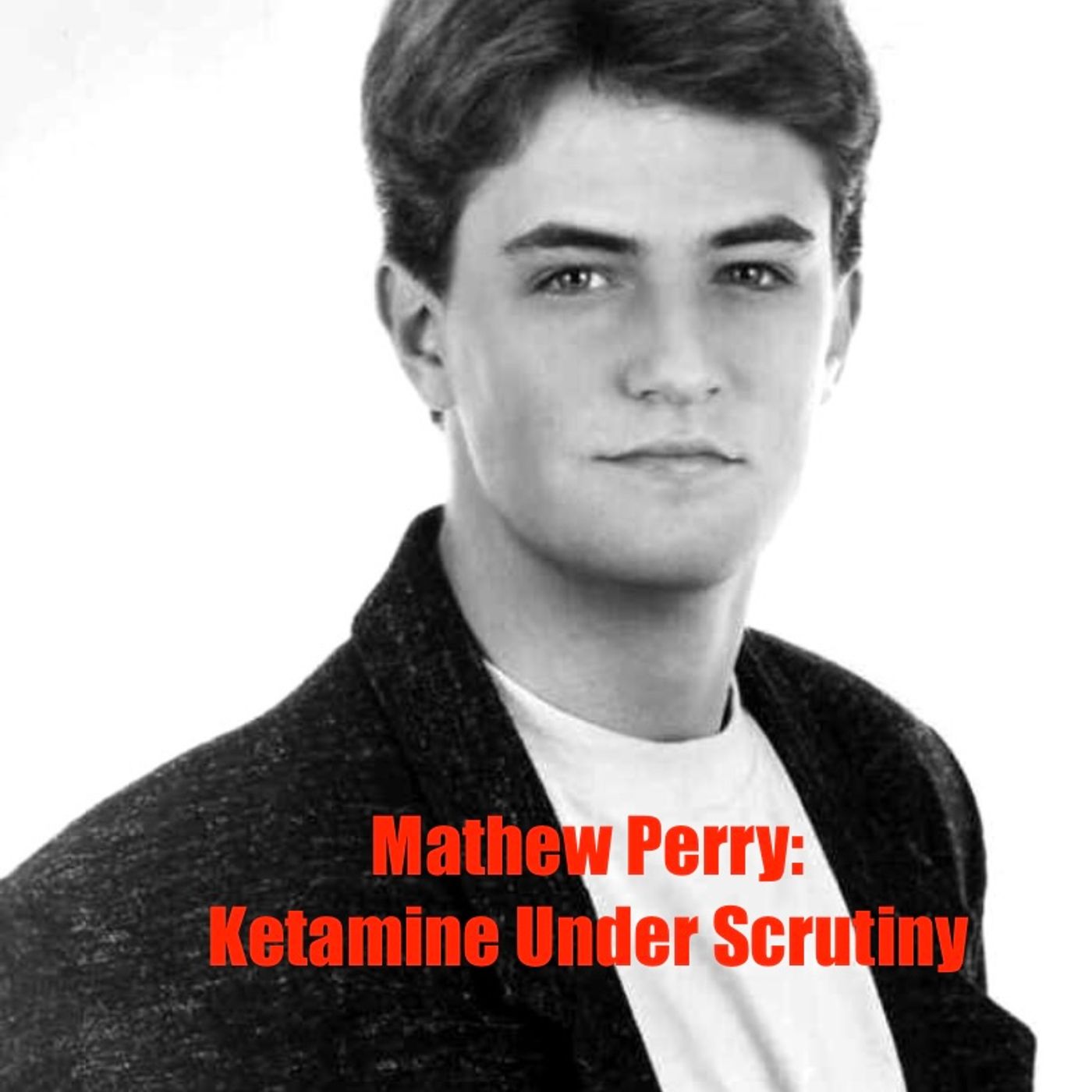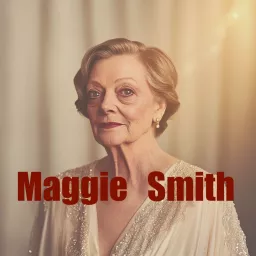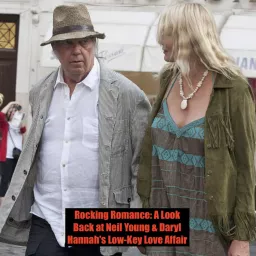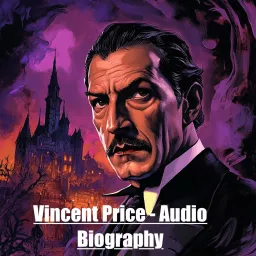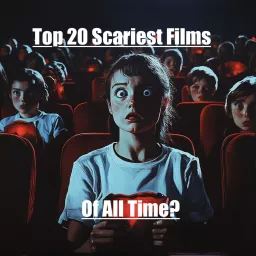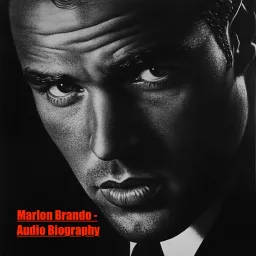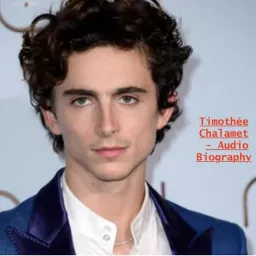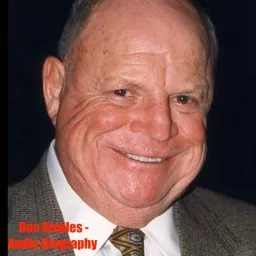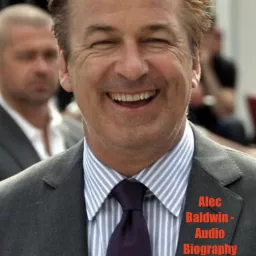Gérard Depardieu - Audio Biography

Gérard Xavier Marcel Depardieu was born on December 27, 1948, in Châteauroux, a small town in central France, to a working-class family. His early years were shaped by financial hardship, and he struggled academically, dropping out of school by age 13. With limited career prospects, Depardieu wandered into a variety of short-term jobs, from factory work to handling inventory. Known for his rebellious spirit, he had minor brushes with the law, which led him to a chance meeting with a theater director who inspired him to pursue acting. By the late 1960s, Depardieu joined the Théâtre National Populaire in Paris, where he underwent formal training. He was quickly recognized for his raw, transformative talent and compelling stage presence. His film debut came with Le Beatnik et le minet (1965), but his breakthrough arrived with Les Valseuses (1974), a gritty, provocative film about two reckless young men. Depardieu’s bold, naturalistic performance introduced him as a new kind of male lead in French cinema—unapologetically intense and unrefined. Breakthrough in French Cinema and International Acclaim Throughout the late 1970s and 1980s, Depardieu cemented his place as one of France's most bankable stars. His collaborations with acclaimed directors, such as 1900 (1976) by Bernardo Bertolucci and Danton (1983) by Andrzej Wajda, showcased his versatility and intense screen presence. In 1990, Depardieu’s portrayal of the poet Cyrano de Bergerac in Jean-Paul Rappeneau's Cyrano de Bergerac brought him international acclaim, earning him a César Award and an Academy Award nomination. The same year, he starred in Green Card (1990), which marked his Hollywood debut and brought him a Golden Globe, solidifying his reputation abroad. Depardieu's appeal lay in his ability to bring a raw authenticity to his roles, often portraying complex, flawed characters. His range extended to comedies, dramas, and historical films, making him one of France’s most iconic actors. By the 1990s, he was considered one of the greatest living French actors, with a body of work that spanned genres and decades. In the 2000s, Depardieu expanded his interests beyond acting. He explored entrepreneurship, becoming a vintner and owning several vineyards in France, and diversified his business ventures to include restaurants. However, his acting career remained prolific. He took on roles in films like The Man in the Iron Mask (1998), where he played alongside Leonardo DiCaprio, and Astérix et Obélix series, portraying the beloved character Obélix. He also ventured into television, notably starring in the Netflix series Marseille (2016), marking his first major role in a TV drama, where he played a power-hungry mayor. Depardieu has also published multiple memoirs, revealing an introspective side and exploring his complex relationship with fame, personal struggles, and the nature of his art. His openness in discussing his tumultuous personal life and controversial views on politics, particularly his decision to obtain Russian citizenship in 2013 to avoid French taxes, has drawn criticism but also contributed to his enigmatic public persona. Depardieu has often been outspoken about his views, frequently causing controversy. His decision to renounce his French citizenship in 2013 and become a Russian citizen underlined his disdain for the high taxes imposed on the wealthy by the French government, which he saw as punitive. His relationship with Russian President Vladimir Putin raised eyebrows, with Depardieu often defending Russia on various political fronts, fueling debates in France about patriotism and loyalty. In his personal life, Depardieu has faced a series of challenges. Known for his tempestuous relationships, he has been married twice and has four children, two of whom followed him into acting. His son Guillaume, who passed away in 2008, was also a respected actor, and his untimely death deeply impacted Depardieu. Depardieu has also openly struggled with alcoholism, a battle that has frequently made headlines due to his erratic behavior in public. Legal Issues and Sexual Assault Allegations In recent years, Depardieu’s career has been overshadowed by legal battles and serious accusations. In 2021, actress Charlotte Arnould publicly accused him of raping her in 2018, leading to a formal investigation and subsequent criminal charges. Depardieu has denied these allegations, claiming their interactions were consensual. Since then, more women have come forward with allegations of sexual misconduct. A report by the investigative website Mediapart in 2023 alleged that thirteen women had accused Depardieu of sexual harassment or assault on film sets dating back several decades. In 2024, Depardieu faced another wave of legal challenges. The Paris Public Prosecutor’s Office confirmed that he would be standing trial in October 2024, in relation to accusations made by two women who worked with him on the set of The Green Shutters. According to one of the claims, Depardieu allegedly engaged in repeated groping and inappropriate behavior. Depardieu's legal team has vigorously denied these allegations, maintaining that his actions were either misinterpreted or consensual. His lawyer, Christian Saint-Palais, argued that Depardieu's presence at the trial is part of a fair legal process, and they remain confident in his innocence
The allegations and subsequent legal battles have cast a shadow over Depardieu’s career. Once celebrated for his contributions to cinema, his legacy has become increasingly complex as he faces public scrutiny. The trial has reignited debates around accountability and the culture of the French film industry, where stars often hold significant influence. As more women come forward in various industries, including film, Depardieu's case represents a broader conversation about power, consent, and accountability. Despite these challenges, Depardieu continues to work, though his projects have notably slowed. Some producers and studios are hesitant to cast him amid ongoing legal proceedings, fearing potential backlash. His extensive body of work, however, remains iconic in French cinema, with performances that have deeply influenced the portrayal of the French anti-hero archetype.
Gérard Depardieu’s journey—from a troubled youth in Châteauroux to an acclaimed international star and now a controversial figure in the public eye—illustrates the complex nature of celebrity. His life reflects both the triumphs of artistic accomplishment and the complexities of fame, marked by controversy and confrontation. While the outcome of his legal battles remains uncertain, Depardieu’s influence on cinema is undeniable, a legacy that continues to shape French and international film. As he navigates his ongoing legal and personal challenges, Depardieu’s story serves as a reminder of the fragility of public figures' reputations and the broader societal shifts in accountability and responsibility. This has been a Quiet Please production. Head over to Quiet Please dot A I to “Hear What Matters”
